Culture has always accompanied the nation throughout history. Illustrative photo
From the Manifesto - the first Party Platform on culture: Culture must light the way for the nation to go.
Delegates attending the first National Cultural Conference, November 1946. Photo: Archive
In the early 1940s, among the many important and urgent tasks to prepare for the General Uprising to overthrow the fascist and feudal colonial regimes and establish a democratic and republican regime, Leader Nguyen Ai Quoc and General Secretary Truong Chinh clearly recognized the role and great and important contribution of culture. The urgent requirement at this time was to have a consistent policy for cultural and artistic activities to serve the cause of national liberation.
In response to that request, in February 1943, the Central Committee of the Indochinese Communist Party approved the Outline of Vietnamese Culture . The document clearly stated three principles of cultural movement: nationalization, scientificization and popularization; at the same time, it affirmed that culture is a front, and cultural workers are soldiers.
The 1943 Cultural Outline is considered the Party's first manifesto and platform on culture, laying the theoretical foundation and orientation for the formation and development of a new Vietnamese culture, the culture of the Ho Chi Minh era.
After the 1943 Outline of Vietnamese Culture was born, the national cultural revolution truly entered a historical phase, becoming an organic part, accompanying and directly serving the cause of national liberation revolution for independence and freedom. Under the leadership of the Party and President Ho Chi Minh, culture became a sharp weapon on the ideological front, contributing to calling and uniting the entire people to rise up and seize power in 1945 with the August Revolution, opening a new era for the nation. The revolutionary spirit of those heroic years is still imprinted in the sounds of the songs: Tien Quan Ca (Van Cao), Diet Phat Xit (Nguyen Dinh Thi) , Muoi Ninth Thang Tam (Xuan Oanh)...
After the country's independence, propaganda and agitation work helped rebuild the country, eradicate illiteracy, and broaden the people's knowledge. Even during the extremely difficult period of the resistance war against the French, at the National Cultural Conference in November 1946, President Ho Chi Minh emphasized that "culture must light the way for the nation to go".
During the resistance war against France (1945-1954), with the motto "culturalizing resistance, culturalizing resistance", press, information and propaganda work was promoted; art forms such as revolutionary songs, poetry, drama, etc. were born strongly, encouraging the patriotism and fighting spirit of our army and people. In the Letter to the artists on the occasion of the 1951 painting exhibition, Uncle Ho affirmed: "Culture and art are also a front. You are soldiers on that front".
Uncle Ho with the People's Song and Dance Troupe. Photo: Archive
During the two long resistance wars of the nation, Vietnamese culture contributed greatly with the entire Party, the entire people, and the entire army to defeat French colonialism and American imperialism, writing the great epics of the nation in the 20th century. The 4th National Party Congress stated: "Our country's literature and art deserve to be in the vanguard of anti-imperialist literature and art in today's era . "
During the resistance war against the US (1954-1975), Vietnamese culture reached its peak with vibrant literary and artistic works reflecting the life of fighting, labor and production in the North and the indomitable will to fight of the people in the South. The socialist culture in the North gradually took shape, with the development of cultural institutions such as libraries, museums, cinemas, theaters, etc. serving the people, building new socialist people.
The maturity of the cultural sector in the two resistance wars against French colonialism and American imperialism demonstrated political mettle, resilience, flexibility, and the ability to adapt to all fierce war conditions. Not only a tool for propaganda and struggle, culture is also a truly powerful source of internal strength, encouraging and motivating our army and people to defeat foreign invaders and unify the country.
After the country was reunified in 1975, culture continued to play a fundamental role in the nation's spirit, taking the lead in healing the wounds of war and promoting national and international solidarity.
The Party has always attached importance to theoretical work in the field of culture and arts to guide practical activities. The major theses on building a new culture are clearly expressed in the documents of the 4th and 5th Party Congresses with the consistent view that culture and arts are an organic part of the socialist revolutionary cause. The policy of building a new culture associated with the formation of new socialist people is implemented synchronously.
In the 10 years after the country's reunification, despite many challenges, the Vietnamese cultural sector has shifted from a culture of resistance to a culture of nation building, achieving new developments, making an important contribution to the cause of building socialism and fostering the spiritual foundation of the country.
Cultural and artistic achievements during this period were quite comprehensive: Literature had many new works reflecting both post-war joy and anxiety; theater, music, and cinema developed with many outstanding works; press and publishing were unified and expanded; sports movements, fine arts activities, propaganda paintings, etc. all actively served political tasks and people's lives.
...to the Party's first thematic resolution on culture: Building and developing an advanced Vietnamese culture imbued with national identity
An important turning point in the development of Vietnamese culture took place in 1986, when the Party initiated and led the comprehensive national renovation. Vietnamese culture continues to play a particularly important role, always pioneering in paving the way and orienting public opinion for bold economic and social reforms, contributing to promoting the building of a rule-of-law state and a democratic, equitable and civilized society; building a culture imbued with national identity, while constantly absorbing the quintessence of humanity, to renew itself in the flow of the times.
Following the Platform for National Construction in the Transitional Period to Socialism , the 7th National Congress of the Party (1991) determined: "The socialism that our people build is a society with an advanced culture, imbued with national identity". Accordingly, many resolutions of the Party Central Committee have shown interest and importance in cultural development. Resolution of the 5th Central Committee (VIII Session, 1998) - the first thematic resolution on culture of the Party, clearly affirmed: Building and developing an advanced Vietnamese culture, imbued with national identity; Culture is the spiritual foundation of society, both the goal and the driving force for socio-economic development. Resolution No. 33-NQ/TW (Session XI, 2014) emphasized: "Building a comprehensively developed Vietnamese culture and people, aiming for truth - goodness - beauty, imbued with national spirit, humanity, democracy and science... The above resolutions are important orientations to promote the building and strong development of national culture.
The 2021 National Cultural Conference affirmed: Culture must be on par with economics, politics and society.
The National Cultural Conference to implement the Resolution of the 13th National Congress of the Party held on January 24, 2021 - the first Conference after 75 years since President Ho Chi Minh chaired the first National Cultural Conference in 1946 - has created a spread and raised awareness of the position and role of culture in the country's development in the political system and among all classes of people: "Culture is the soul of the nation, expressing the identity of the nation. As long as culture exists, the nation exists...". Accordingly, our Party continues to emphasize the need to consider culture on par with economics, politics and society.
It can be affirmed that over the past 80 years, the Cultural Sector has written a brilliant epic - where Vietnamese identity has converged, crystallized and shone. Culture has become a solid spiritual foundation, an endogenous strength, a driving force for sustainable development; culture, together with information, sports and tourism, always accompanies the glorious revolutionary cause of the Party and the nation. With the manifesto of action: "Culture is the foundation - Information is the conduit - Sports is the strength - Tourism is the connecting bridge" . Culture in both the broad and narrow sense has been developing strongly, overcoming all difficulties and challenges to achieve great achievements, contributing to the 80 great revolutionary autumns of the Vietnamese people with thousands of years of civilization and heroism.
General Secretary To Lam, Prime Minister Pham Minh Chinh and artists at the ceremony to celebrate the 80th anniversary of the Cultural Sector's Traditional Day (August 28, 1945 - August 28, 2025). Photo: Thong Nhat/VNA
Attending and giving a speech at the 80th Anniversary of the Cultural Sector's Traditional Day (August 28, 1945 - August 28, 2025) held in Hanoi on August 23, General Secretary To Lam advised that the 80-year tradition is a spiritual treasure, but the tradition only truly shines when we continue to write new pages of history. In every position, every person working in culture should carry in their hearts the flame of patriotism, professional pride, a sense of discipline and tireless creativity.
Let every literary and artistic work, every tournament, every tourism product, every cultural space be an “ambassador” of truth, goodness, and beauty in Vietnam. Let every management regime be a commitment to the public, to the flow of heritage, to the future of the Vietnamese people.
The General Secretary requested Party committees, authorities, the Fatherland Front and political and social organizations to continue to pay attention to leadership, direction, creating favorable conditions, and mobilizing social resources for cultural development; attach importance to culture in urban and rural planning; build synchronous and effective grassroots cultural institutions; and encourage businesses and communities to participate.
Culture cannot stand on the sidelines of development policy; culture must permeate all planning, projects, and programs with long-term vision and high standards.
Source: https://phunuvietnam.vn/80-years-of-vietnamese-culture-and-art-of-the-art-of-the-art-20250827155857324.htm



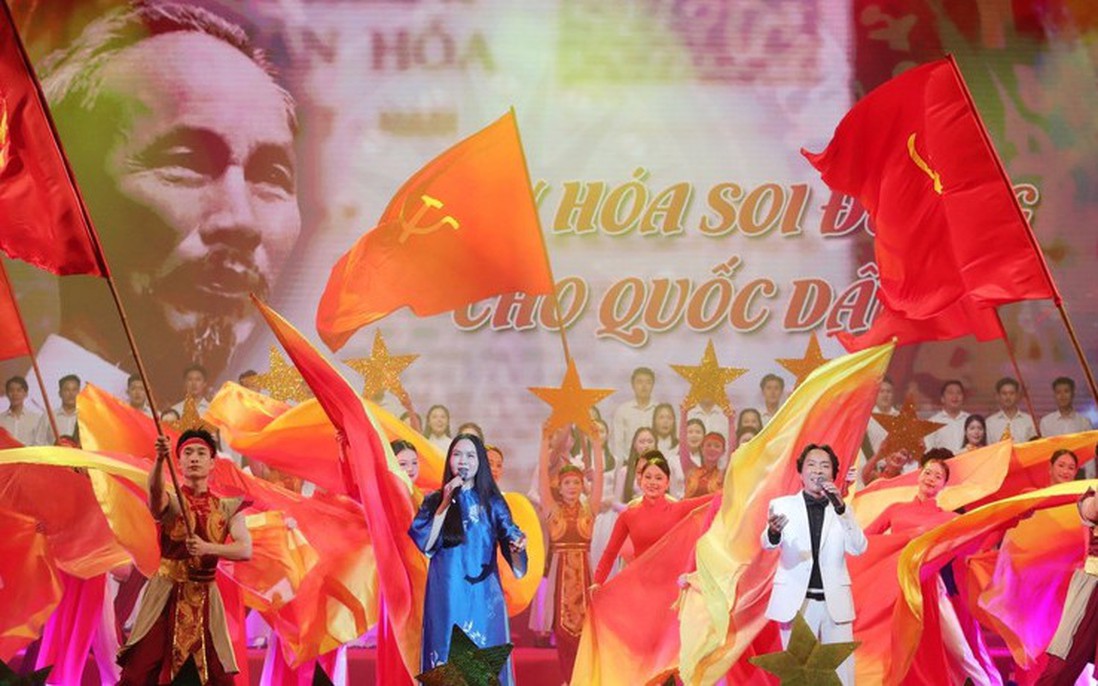
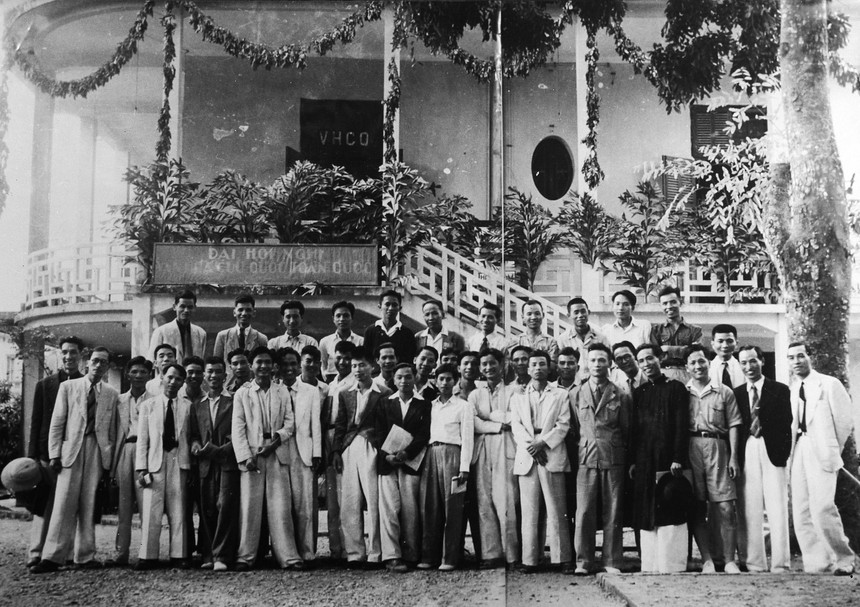
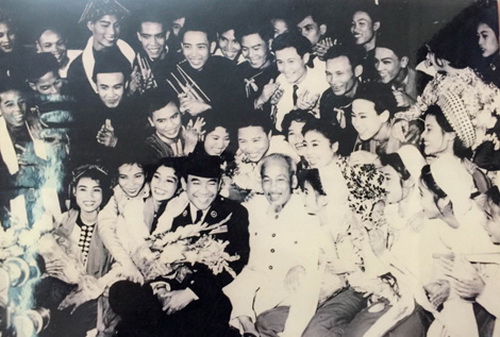
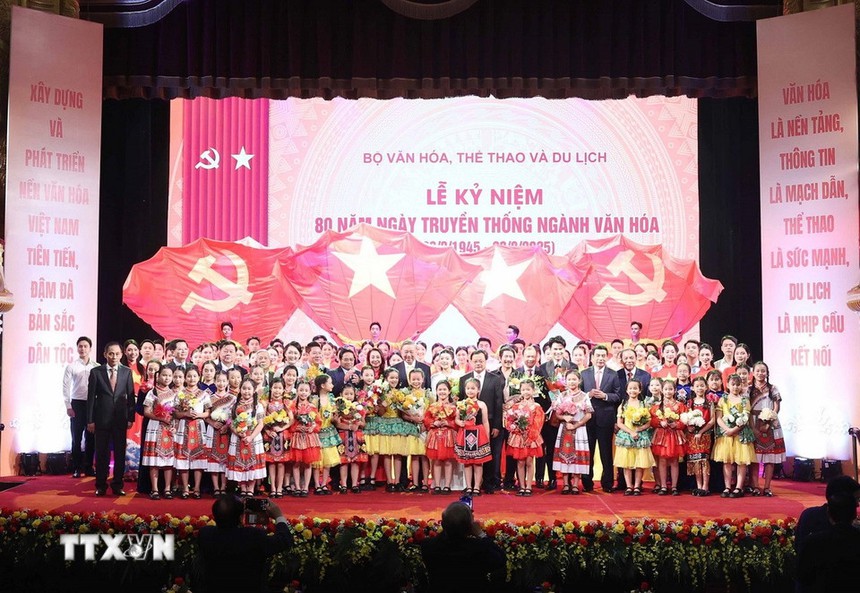

![[Photo] General Secretary To Lam presents the 45-year Party membership badge to comrade Phan Dinh Trac](https://vphoto.vietnam.vn/thumb/1200x675/vietnam/resource/IMAGE/2025/8/28/e2f08c400e504e38ac694bc6142ac331)
![[Photo] General Secretary To Lam attends the opening ceremony of the National Achievements Exhibition](https://vphoto.vietnam.vn/thumb/1200x675/vietnam/resource/IMAGE/2025/8/28/d371751d37634474bb3d91c6f701be7f)
![[Photo] National Assembly Chairman Tran Thanh Man holds talks with New Zealand Parliament Chairman](https://vphoto.vietnam.vn/thumb/1200x675/vietnam/resource/IMAGE/2025/8/28/c90fcbe09a1d4a028b7623ae366b741d)
![[Photo] Red flag with yellow star flutters in France on National Day September 2](https://vphoto.vietnam.vn/thumb/1200x675/vietnam/resource/IMAGE/2025/8/28/f6fc12215220488bb859230b86b9cc12)
![[Photo] Politburo works with the Standing Committee of Cao Bang Provincial Party Committee and Hue City Party Committee](https://vphoto.vietnam.vn/thumb/1200x675/vietnam/resource/IMAGE/2025/8/28/fee8a847b1ff45188749eb0299c512b2)
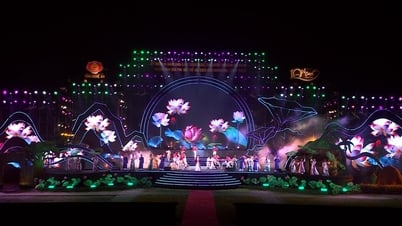

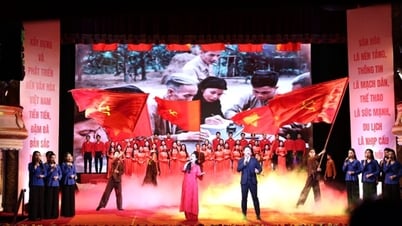



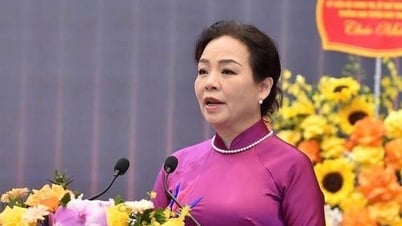

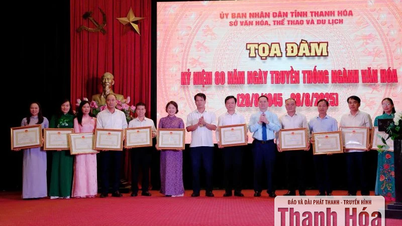

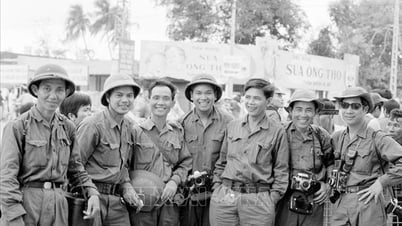




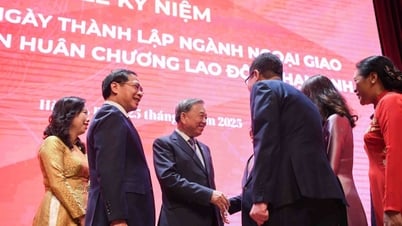

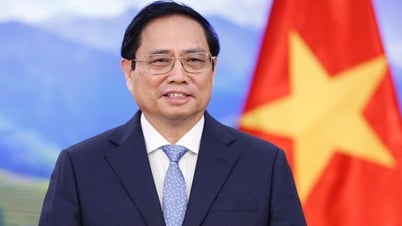


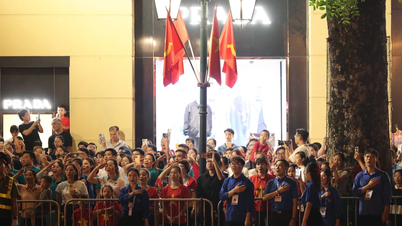





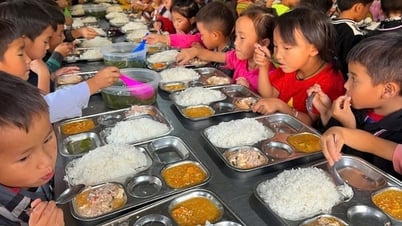

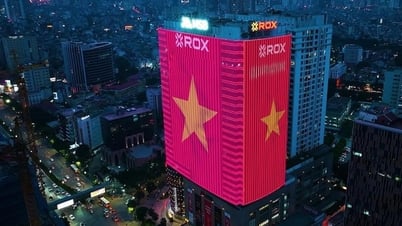
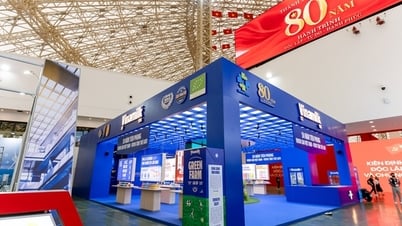

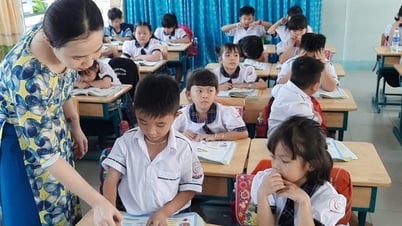























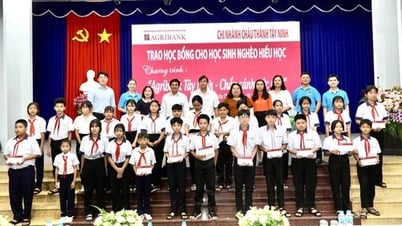


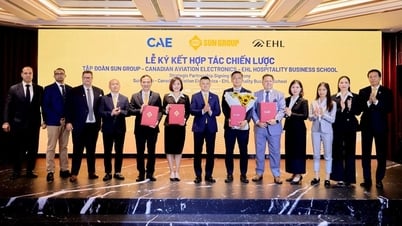







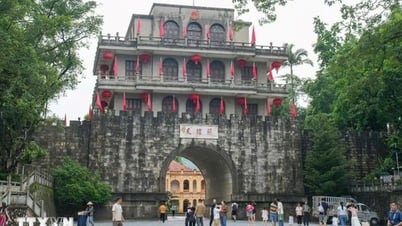



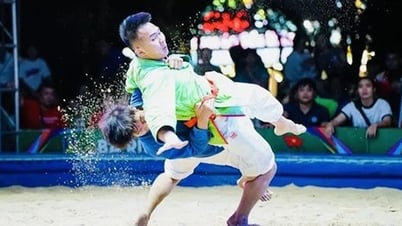
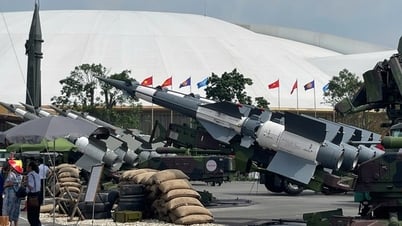
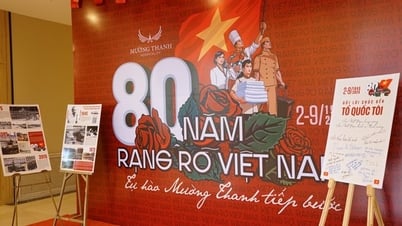
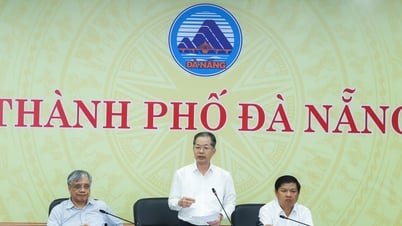

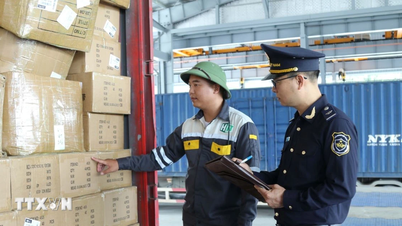

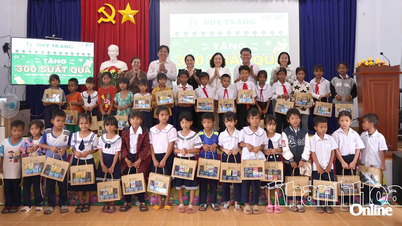



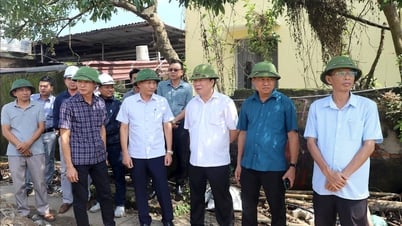














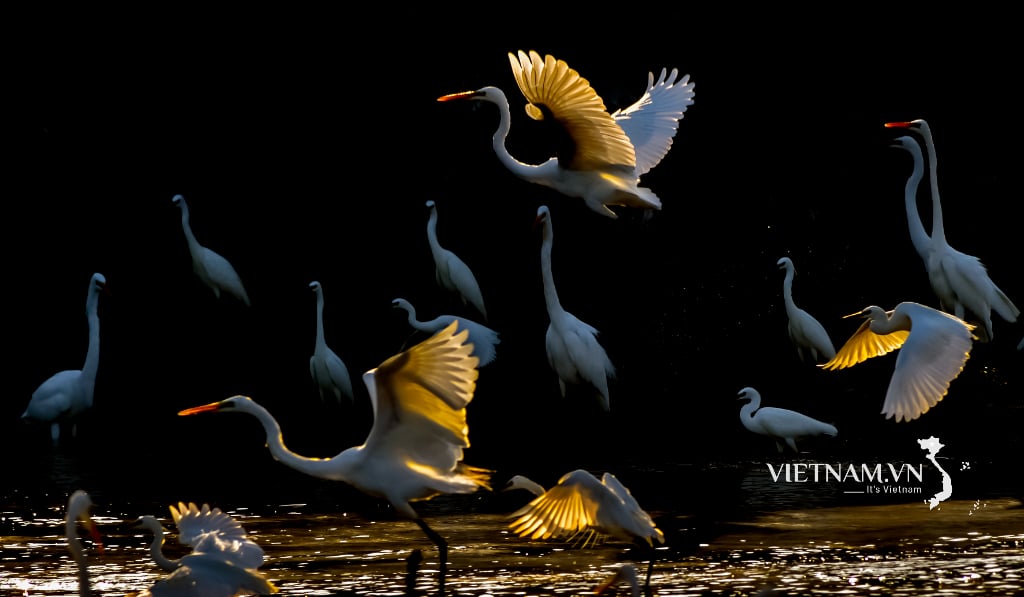

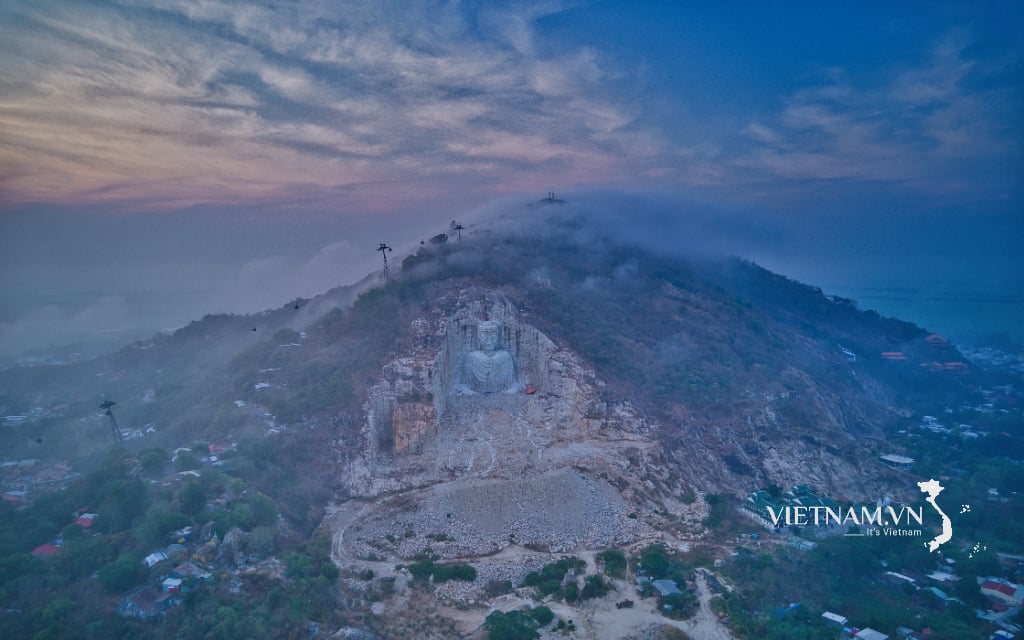
Comment (0)